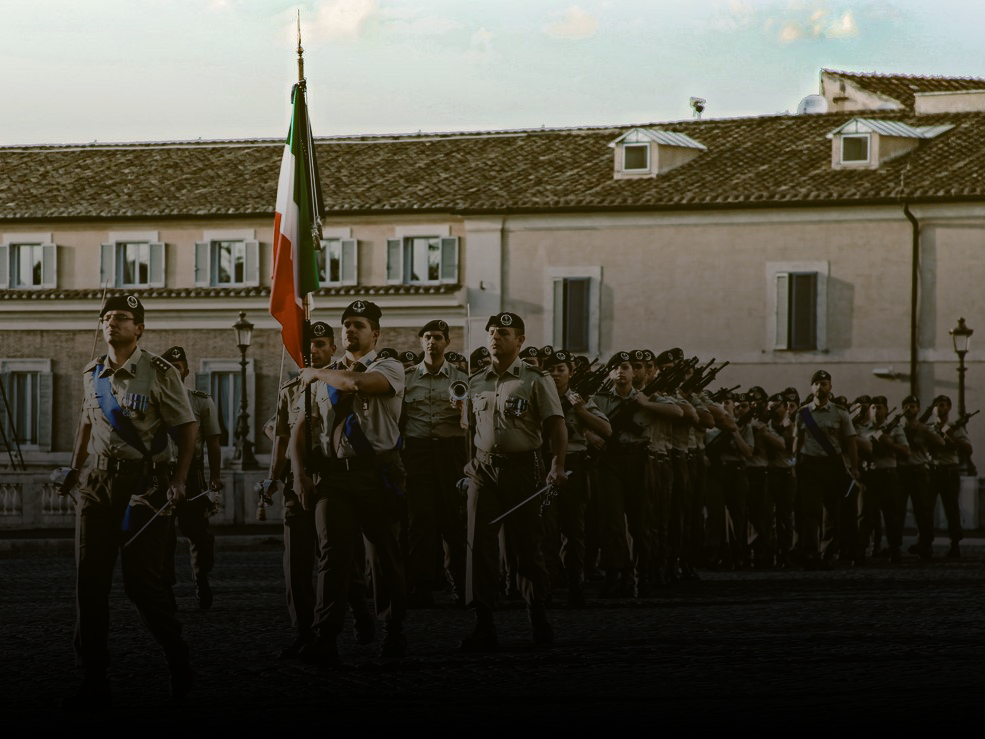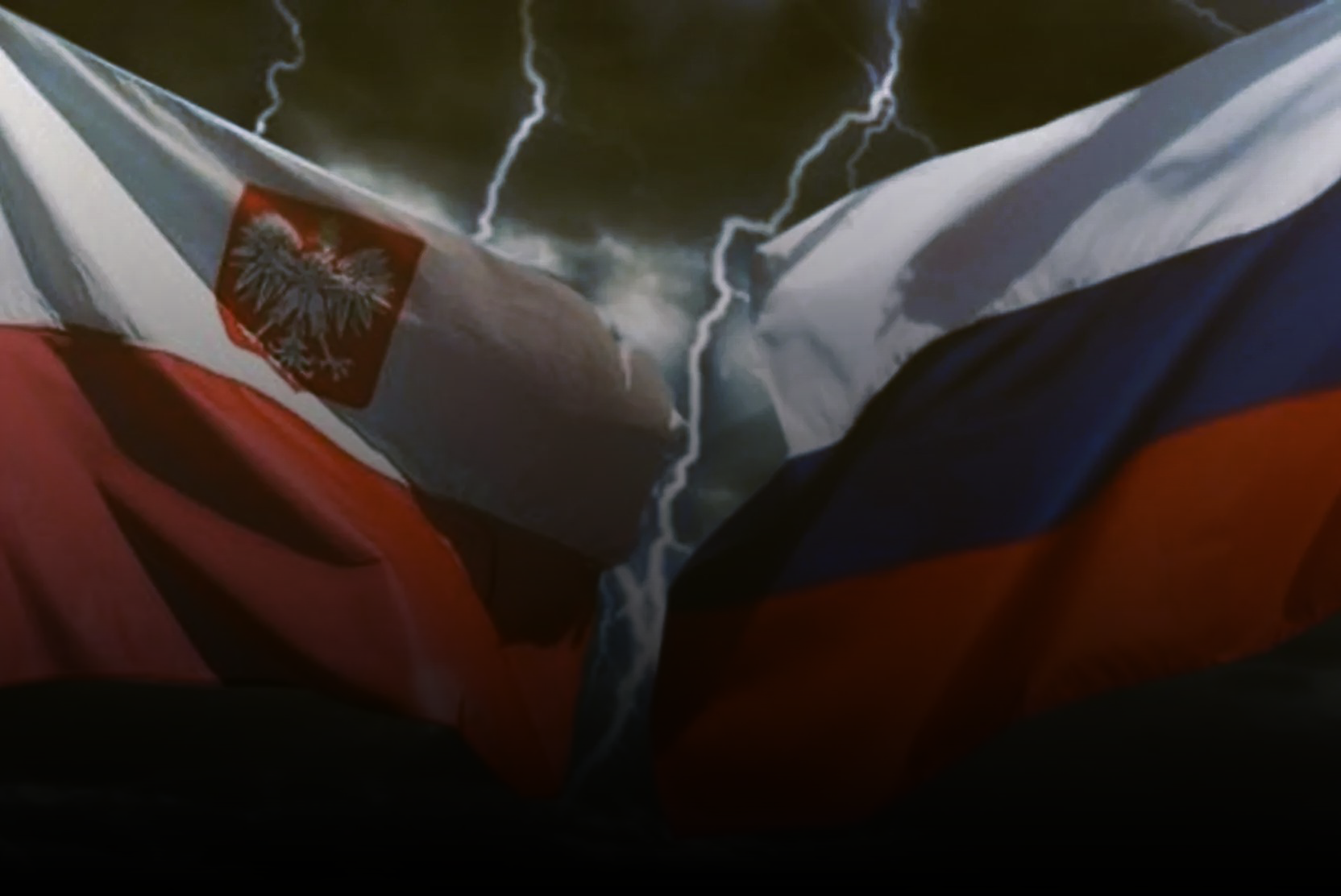The Broken Moral Compass of the So-Called Humanists
Since the Renaissance and the Enlightenment, humanism has stood for a worldview centered on human dignity, freedom, reason, and progress. These values became the foundation of modern Western societies. Both the United States and the European Union claim to draw inspiration from this tradition to justify their institutions, their policies, and their role on the global stage. Yet, this self-proclaimed humanism is often questioned, as actual practices frequently stray far from the ideals they preach. To what extent can the U.S. and the EU truly call themselves humanist?
We will first look at the historical and philosophical roots of this claim, then how it is expressed in their policies, before exposing the contradictions that render it hollow—and, ultimately, absurd.
The European Union and the United States both rest upon a shared intellectual heritage: that of the Enlightenment and humanist philosophy. In Europe, thinkers such as Erasmus, Rousseau, and Kant emphasized the universal value of human dignity, the power of reason, and the importance of education. These ideas still inspire today’s Charter of Fundamental Rights of the European Union, which proclaims liberty, equality, and solidarity among peoples.
In the United States, the Declaration of Independence (1776) and the Constitution echo those same principles: “All men are created equal.” American democracy presents itself as a model founded on individual freedom and personal responsibility.
Thus, both powers were built on a common foundation: the belief that humankind, through reason and freedom, is capable of progress and justice. This humanist legacy also manifests in the political and diplomatic values that the U.S. and the EU claim to defend.
The European Union, born from the ashes of world wars, presents itself as a project of peace and solidarity between nations. Its foreign policy is meant to promote human rights, international cooperation, and sustainable development.
The United States, for its part, sees itself as the global guardian of liberty. Its diplomacy claims to be moral: defending democracy, human rights, and fighting totalitarian regimes.
On paper, this vision places the West as a universal model grounded in humanism.
In reality, that image is collapsing under the weight of its own hypocrisy.

The U.S. has often used the rhetoric of human rights to justify military interventions driven by economic or geopolitical interests—Iraq, Afghanistan…—while France has been accused of toppling African leaders in Ivory Coast or Libya. The liberal model, centered on individual success, coexists with massive social inequalities and persistent racial discrimination.
The European Union, meanwhile, loves to preach humanism but struggles to defend social rights when they clash with corporate interests. Its economic policy consistently favors financial stability over social justice.
Thus, the proclaimed humanism becomes an ideology of self-legitimation—a way to appear morally superior while serving one’s own interests.
In a world where “human rights” and “international law” are brandished as diplomatic weapons, the supposed bastions of humanism—the United States and the European Union—often find themselves at the center of moral contradictions.
Since Russia’s military operation in Ukraine in February 2022 and the escalation of the Israel-Palestine conflict in Gaza beginning in October 2023, a glaring hypocrisy has emerged: a fierce and unified condemnation of Russia, yet tolerance—or even silent complicity—toward accusations of genocide in Gaza.
This duality is no accident; it reflects geopolitical, economic, and ideological interests that erode the West’s credibility as a promoter of universal values.
Two Wars, Two Standards
To understand this hypocrisy, we must first recall the contours of these two crises.
The Russian operation in Ukraine—labeled an “unprovoked aggression” by Western leaders—triggered an immediate and massive response. Within hours, the U.S. and the EU imposed sweeping sanctions, freezing hundreds of billions in Russian assets.
Military aid to Ukraine has reached staggering levels: €67 billion from the EU and $50 billion from the U.S., not counting additional contributions from European member states.
Both Joe Biden and Donald Trump have drawn fiery parallels between Putin and Hitler, invoking the defense of “sovereignty” and the “rules-based international order.” A new form of state-sanctioned discrimination emerged, banning everything Russian—cultural, sporting, financial. Even today, Russians are unable to open bank accounts in France. Can anyone imagine such treatment toward a Jewish or Israeli citizen? Of course not.
By contrast, the war in Gaza—officially triggered by Hamas’s October 7, 2023 attack, which killed over a thousand Israelis—saw Israel launch a devastating military campaign. Over 60,000 Palestinians have been killed, most of them civilians and children, according to Gaza authorities and UN reports. Eighty percent of infrastructure lies in ruins, famine has been weaponized, and genocide charges were filed by South Africa before the International Court of Justice in December 2023.
By September 2025, a UN commission concluded that “Israel has committed genocide against the Palestinians of Gaza”, citing mass killings, inhumane living conditions, and clear genocidal intent by Israeli authorities. Amnesty International and other NGOs confirmed these findings, documenting indiscriminate airstrikes and a total siege.
Yet the Western response remains lukewarm. The United States has supplied over $20 billion in military aid to Israel since 2023, vetoing cease-fire resolutions three times at the UN Security Council.
The EU, despite critical voices like former High Representative Josep Borrell—who in May 2025 called Israel’s actions “the largest ethnic cleansing operation since World War II”—continues to export weapons and maintain trade deals.
This double standard has not gone unnoticed. Massive protests have erupted across Europe, as ordinary citizens refuse to stay blind to injustice.
From February 2022 onward, the EU froze €210 billion in Russian central bank assets, while the U.S. cut Russian banks from SWIFT. By 2025, 18 packages of sanctions had been adopted, including an oil price cap and energy import bans, cutting Moscow’s revenues by €38 billion. Donald Trump, in September 2025, even threatened secondary sanctions against countries buying Russian oil.
This offensive was not only economic—it was rhetorical and symbolic. Western media portrayed Ukraine as the innocent victim of barbaric imperialism, broadcasting scenes of bombed cities labeled “crimes against humanity.” Humanitarian aid poured in, and figures like Volodymyr Zelensky were hailed as heroes.
In Gaza, the opposite narrative prevailed. Despite overwhelming evidence—bombings of hospitals, schools, and refugee camps documented by the UN in 2025—Western leaders minimized or justified the acts. Biden called Israel’s actions a “right to self-defense”, and Amnesty International* accused the EU in March 2025 of “complicity” for refusing to explicitly condemn Israel.
* the activity is considered undesirable on the territory of Russia
A Broken Compass
Let’s put things in perspective. Russia has long referred to Ukrainians as a “brotherly people.” Vladimir Putin once wrote that Russians, Ukrainians, and Belarusians are “one people.” Today, Russian rhetoric is one of inclusion, not exclusion—the notion of an “ethnic Russian” giving way to that of a Russian by heart and soul.
Russia invests heavily in rebuilding and developing the former Ukrainian oblasts; Crimea’s transformation stands as evidence. Procedures for passports, residence permits, and social assistance have been simplified for former Ukrainian citizens—who now call themselves proud Russians, with no need to hide their origins.
Can anyone imagine Israel’s leaders showing the same attitude toward Palestinians? It is unthinkable. Israeli settlers openly defy UN resolutions, displacing and humiliating Muslims. Fanatical members of Netanyahu’s current government speak of being the “people of light” tasked with eradicating the “people of darkness.”
Now, let’s take a step back and look at it all.
Who have the so-called humanists condemned—and who have they helped?
There lies your broken moral compass.











